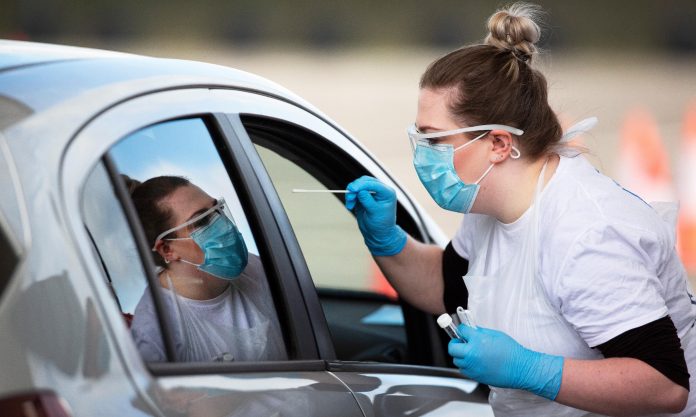Women aged 50-60 are at greatest risk of developing “long Covid”, analysis suggests. Older age and experiencing five or more symptoms within the first week of illness were also associated with a heightened risk of lasting health problems.
The study, led by Dr Claire Steves and Prof Tim Spector at King’s College London, analysed data from 4,182 COVID Symptom Study app users who had been consistently logging their health and had tested positive for the virus.
In general, women were twice as likely to suffer from Covid symptoms that lasted longer than a month, compared with men – but only until around the age of 60, when their risk level became more similar.
Increasing age was also associated with a heightened risk of long Covid, with about 22% of people aged over 70 suffering for four weeks or more, compared with 10% of people aged between 18 and 49.
For women in the 50-60 age bracket, these two risk factors appeared to combine: They were eight times more likely to experience lasting symptoms of Covid-19 compared with 18- to 30-year-olds. However, the greatest difference between men and women was seen among those aged between 40 and 50, where women’s risk of developing long Covid was double that of men’s.
“This is a similar pattern to what you see in autoimmune diseases,” said Spector. “Things like rheumatoid arthritis, thyroid disease and lupus are two to three times more common in women until just before menopause, and then it becomes more similar.” His guess is that gender differences in the way the immune system responds to coronavirus may account for this difference.





























